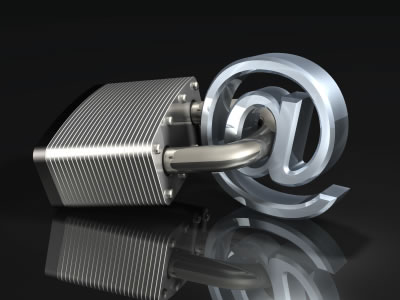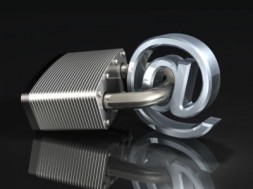
By 2012, according to the BBC, Hunter Moore had become “the net’s most hated man.” He founded the now-defunct IsAnyoneUp, a website aimed at “taking advantage of people’s mistakes.” Hunter would encourage viewers to send nude pictures of former boyfriends, girlfriends, and others – and would then post these pictures online with links to their social media accounts for public perusal and ridicule. As expected, several persons claimed that their lives had been ruined. The FBI became involved, however, when one individual – an aspiring actress of 25 – claimed that she had taken such photos, but never distributed them. She sought to prove that her account had been hacked.
Though the IsAnyoneUp domain has ironically since been sold to the anti-bullying site Bullyville, its influence on the Internet landscape has been indubitable. So much so that, here in Jamaica, our population has also fallen victim to the same kind of scheme. Allegedly, 27 year old Kingston resident, Ronald Oates, started Jamaican Girls Exposed. In court, according to the Star, it was revealed that Oates was allegedly able to access private pictures through securing access to e-mails and Blackberry accounts. It was also claimed that, as Oates had access to the Gmail account of a particular complainant, he attempted to extort money from her by threatening to share her pictures with her contacts. According to the Star, Oates has been charged under the Cyber Crimes Act and Larceny Act; and if convicted faces serious penalties. Reputation, however, once lost, is not something that can easily be re-gained.
Changing Strategies for a Changing World
We’ve all heard time and time again that “prevention is better than cure.” The same premise can be applied to Internet safety. When former Republican Vice-Presidential candidate Sarah Palin’s e-mail account was hacked in 2008, the person responsible revealed how easy of a task it was. This simply means that we have to be more vigilant not only of the things we share, but also of the things we store on our computers and in our e-mail.
- Keep your password for all social media accounts/e-mail to yourself.
- Do not use the same passwords for all your accounts.
- Keep your anti-virus software updated.
- Come up with complex usernames and passwords—click here for more info.
- Refrain from taking, storing and sharing incriminating photos on your computer or in your e-mail.
- Make your security questions tough. The question ‘What’s the last name of your favourite high school teacher?’ is more difficult to guess, for example, than ‘What’s your mother’s maiden name?’
(61)







